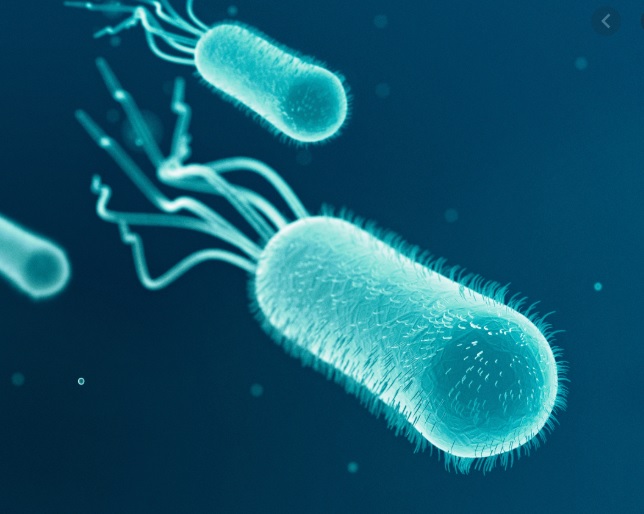
MIT has been working for a long time on deploying Artificial Intelligence for discovering medicine. Initially the idea seemed freaking, although interesting. Now, the best part of the project is that the extensive research and programming are finally bearing fruits of success. Recently, MIT announced that the AI they are working with, has discovered an antibiotic compound halicin, named after HAL 9000. Halicin is capable of killing a range of antibiotic resistant bacteria. One bacterium, the E.coli bacterium was completely ruined by the AI developed medicine.
Unlike other antibiotics, halicin wiped off the bacteria and jeopardized their ability to maintain their electrochemical gradient. The electrochemical gradient helps the bacteria to produce energy storing molecules, which help them to spread their colony. As halicin successfully destroyed the electrochemical gradient of E.coli bacteria, the bacteria could not develop any resistance in 30 days. In case of the traditional ciprofloxacin antibiotics E.coli manages to gear up within 3 days.
The Aritificial Intelligence system developed by the mavericks at MIT, work on finding out molecular structures, which have the traits to kill the bacteria. The neural network is intelligent enough to study the representations of the molecules and map them into a loop of vectors for prediction of their behaviors.
Scientists at MIT have trained the AI systems working on 2500 molecules, consisting of about 1700 established drugs and 800 natural and organic products, as that of Ayurveda. The result of the prolonged research has been fruitful in true sense. Even though scientists have tasted success in their attempts, do not expect to get halicin prescribed by your doctor now. Halicin has been used to kill A.baumanii bacteria in mice, but have not tried the medicine on humans. So there is a plethora of procedures to follow, before you can have the medicine.








Leave a Reply